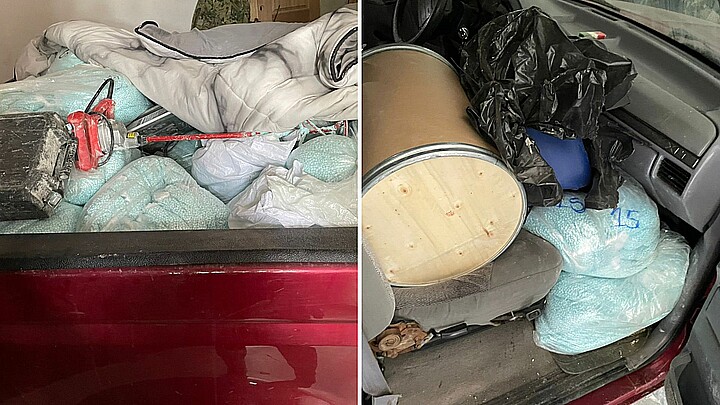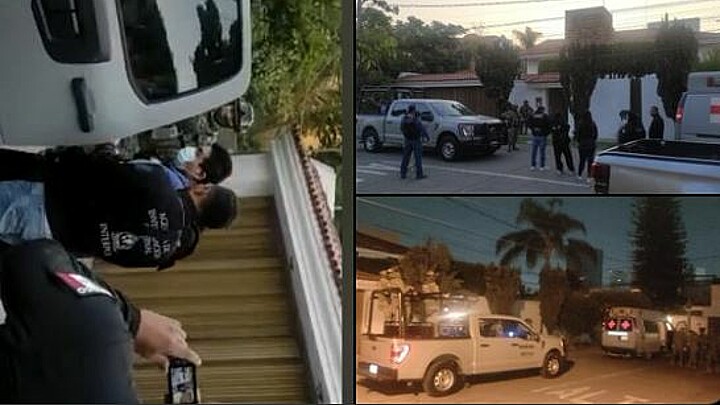Drug trafficking
The life of child-recruits in Mexican cartels
Presently, it is estimated that approximately 21,000 minors were killed between 2000 and 2019, and another 7,000 are missing, according to the Network for Infant Rights in Mexico (Redim)
January 11, 2022 1:35pm
Updated: January 13, 2022 9:17am
More than 30,000 children have been "recruited" by organized crime in Mexico, according to a study published by the Reinserta group in October 2021.
The investigation is among the first to reveal accurate data about this growing problem and is based on testimonies from children and adolescents officially imprisoned for other crimes.
According to the study, youth are paid salaries between $1,225 and $1,720 per month. In many cases, it is an uncle, friend or neighbor who acts as the “recruiter” and young people are offered easy money in exchange for becoming hitmen.
Although such a low sum might not seem like enough to convince somebody to take a life, the report shows that many of those recruited are born into poverty, live in violent areas and often have limited familial ties. The cartel thus offers a viable alternative.
Cartels also capitalize on the precarious situations of young people by showering children with gifts.
On January 6, alleged members of the Jalisco Cartel - New Generation (CJNG) handed out toys to poor children in the state of Michoacan. By so doing, drug traffickers are even coming to be considered role models in some of Mexico’s poorest neighborhoods.
"What is happening in our country is a loss, an absence of values, and today, unfortunately, our children are seeing a drug trafficker as a hero," the governor of the state of Guanajuato, Diego Sinhue Rodríguez, recently stated.
But Mexican authorities warn that organized crime is also turning to the web in order to advance their recruitment efforts.
In January 2021, The Wall Street Journal reported that the CJNG and other criminal organizations use various social media profiles to "solicit personnel.”
According to the report, Facebook is also used to launder money, send encrypted messages and conduct surveillance activities.
These recruitment tactics might be working and according to data from the Mexico City District Attorney's Office, between 2012 and 2019 there was a reported 966% increase in arrests of minors linked to narcotrafficking.
The use of children is certainly intentional, however, as the National Law of Criminal Justice for Adolescents stipulates that imprisonment should be a “last resort” when dealing with youth crime.
Furthermore, the maximum sentence that can be handed down to a minor is five years.
This well-intentioned law appears to be encouraging cartels to use children to conduct their criminal activities.
Presently, it is estimated that approximately 21,000 minors were killed between 2000 and 2019, and another 7,000 are missing, according to the Network for Infant Rights in Mexico (Redim.)








